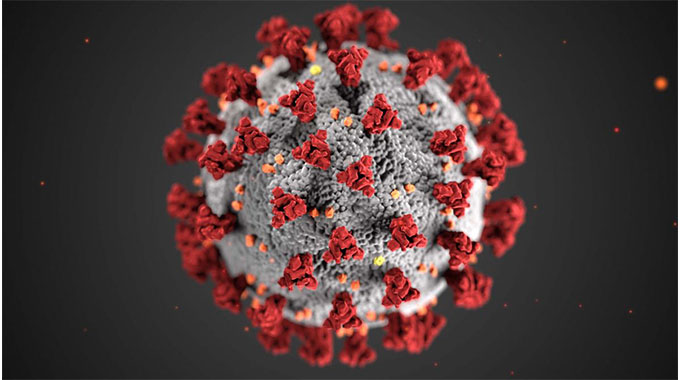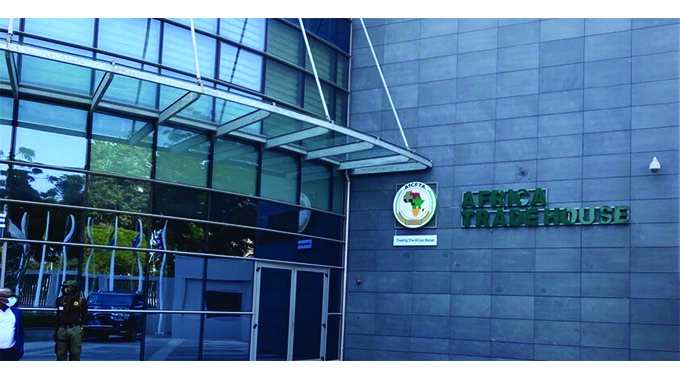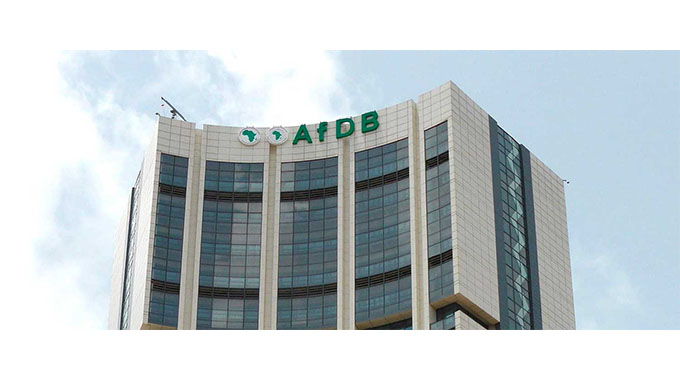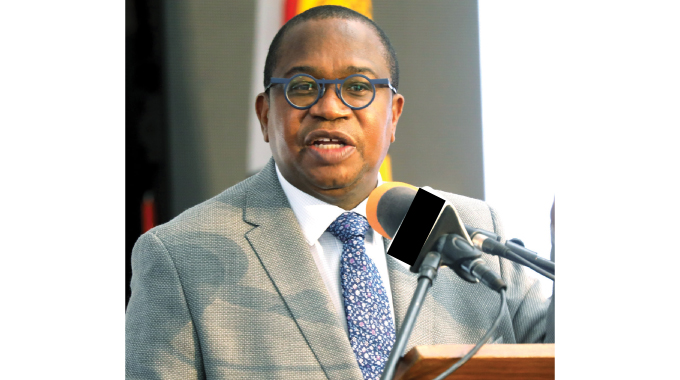AfDB, partners back Zimbabwe debt clearance drive

Business Reporter
AFRICAN Development Bank Group president, Dr Akinwumi Adesina, representatives of multilateral finance institutions, the Zimbabwean government and other partners have agreed to work together to develop an action plan that will resolve the country’s debt arrears.
The strong push follows a visit by Dr Adesina to the country early this week where he met President Mnangagwa and senior Government officials in Harare.
The engagement outcome is expected to help Zimbabwe address its external debt burden, which is critical in unlocking new lines of credit and attracting foreign direct investment.
The country owes about $13.5 billion to multilateral financial institutions, bilateral partners, and other creditors.

Money – Image taken from Pixabay
In a media update issued Wednesday, the AfDB said Dr Adesina accepted to be “the champion” for the arrears’ clearance and debt resolution process, a bold step that was applauded by President Mnangagwa who commended the regional financier for standing by Zimbabwe through difficult circumstances.
“During the Covid-19 pandemic, Zimbabwe received no external help except from the African Development Bank.
The African Development Bank was quick to respond to Zimbabwe’s needs. We had to re-prioritise our budget and, ultimately, we managed the situation against all odds,” said President Mnangagwa.
The AfDB has supported Zimbabwe with US$13.8 million under its Covid response facility. The bank is now focused on strengthening the country’s public finance management capacity through a transition support facility. It has also pledged to provide Zimbabwe with US$4.2 million in technical support for the implementation of its arrears’ clearance and debt resolution strategy.
Dr Adesina explained to the media at State House in Harare that he accepted the role of Zimbabwe’s debt resolution champion because it was his responsibility as the president of Africa’s premier financial institution and it is the right thing to do.

Covid-19
“It’s about the people of Zimbabwe. They have suffered long enough – for two decades now. When you look at the situation today, 40 percent of the country’s population live in extreme poverty,” he said.
“We must change that and create new hope. I believe that it is time to reinvigorate, and re-dynamise the country’s economy because it is critical for the Southern African community.”

African Continental Free Trade Area
Despite economic challenges, the AfDB said Zimbabwe remains a strong and reliable shareholder of the regional bank. It noted how the country has continued to make quarterly token payments of $500 000 to service debts to the African Development Bank Group, the World Bank, and other creditors.
“Zimbabwe is one of the 54 African member countries of the African Development Bank Group. When one-part hurts, the whole-body hurts,” said Dr Adesina.
The bank is also keen to see Zimbabwe play an important role within the Africa Continental Free Trade Area through manufacturing, agriculture, human capital, ICT, and other sectors
Ambassadors and representatives of several G7 countries, the World Bank and International Monetary Fund (IMF)also met with Adesina in Harare and pledged to work with the bank to develop a debt clearance and resolution roadmap, as well as a re-engagement agenda.

AfDB
The debt clearance process to be led by Dr Adesina, would emphasize the importance of implementing prior land compensation commitments and additional political and economic reforms.
“It’s going to take more than one person. It is going to take all of us, locked hand in hand, working together to chart this course,” Dr Adesina told the partners.
The bank chief also met with Zimbabwe’s private sector operators to discuss their role in the anticipated arrears clearance action plan. The meeting explored opportunities for leveraging private sector financing.
Zimbabwe joined the AfDB Group on 23 June 1980. The bank group has so far invested US$930.5 million, financing 64 projects. It continues to support Zimbabwe with resources from its transition support facility.
Since 2012, the bank has helped the country improve public finance management systems. This includes oversight bodies like the Office of the Accountant General and the Parliament. The Bank also offers specialised technical assistance on debt management and support for the restoration of state-owned enterprises.
According to Adesina, Zimbabwe’s debt arrears clearance and resolution will create a new growth trajectory for the country, making it a more vibrant economy.

Professor Mthuli Ncube
“It is going to be challenging, but it is not impossible. Failure is not an option. The arrears clearance strategy must succeed,” said Dr Adesina.
“We did it for Somalia, helping to clear the country’s arrears, working closely with the World Bank and the IMF. We also did it for Sudan working with partners. Circumstances are different obviously, but President Mnangagwa has made a clear commitment to engaging with the international community. A new reinvigorated Zimbabwe is good for everybody.”
Finance and Economic Development, Professor Mthuli Ncube has said the current level of state debt is a significant barrier to Zimbabwe’s goal of becoming a middle-income nation by 2030.
“We are grateful that President Adesina has agreed to act as the champion of our debt arrears clearance agenda. If we don’t clear our arrears, it will hamper our development agenda,” he said.












Comments